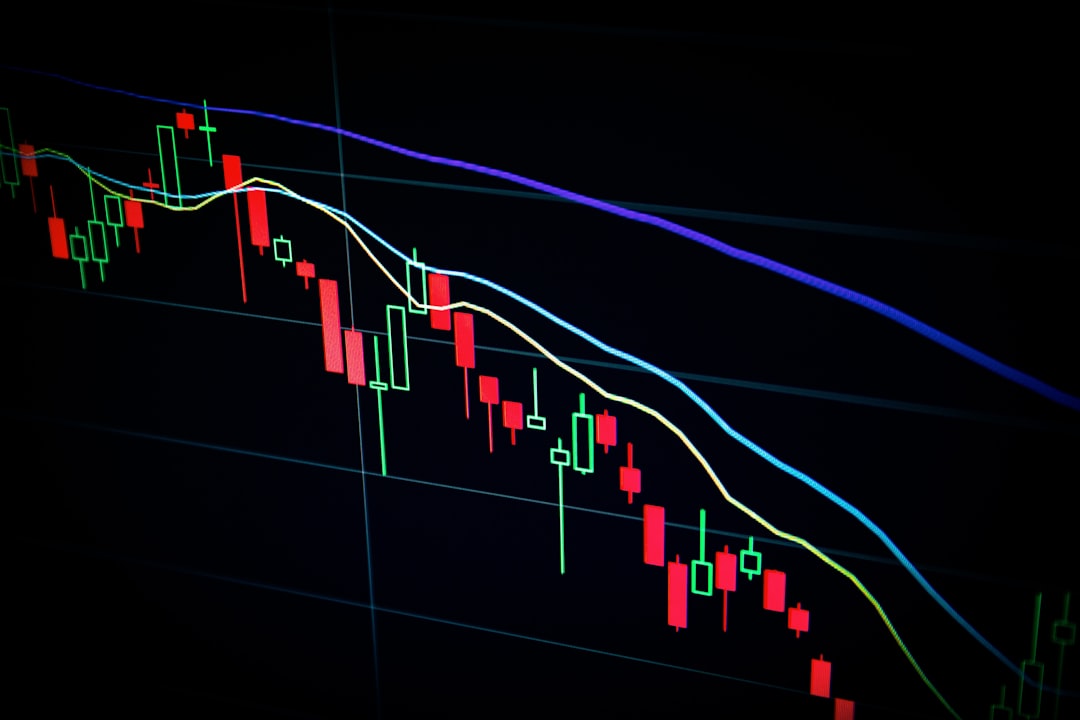Taiwan's Opposition Lashes Out at Government's Tariff Response Amid U.S. Trade Tensions
Critics question the effectiveness of President Lai's strategy and call for stronger action to protect Taiwan's economy.

Taipei, April 22 – Leaders of Taiwan's opposition parties are voicing strong criticism of the government's handling of U.S. President Donald Trump's "reciprocal tariffs," arguing that it has failed to secure adequate benefits despite pledges of increased investment in the United States.
Eric Chu (朱立倫), chairman of the main opposition Kuomintang (KMT), and Huang Kuo-chang (黃國昌), leader of the Taiwan People's Party (TPP), met to discuss the economic challenges posed by Trump's tariffs and what they perceive as a "democratic crisis" in Taiwan.
Chu cautioned that while public attention is focused on the tariffs, these are merely a tool. He emphasized that the more significant problems for Trump are resolving the U.S.'s exchange rate and debt crises, which could present Taiwan with "serious challenges."
"A major crisis will come in June when US$6.5 trillion in U.S. national debt is due. The whole world is watching whether a U.S. national debt crisis will happen," Chu warned.
This situation poses a considerable risk for Taiwan's US$578 billion in foreign exchange reserves, with 80 percent invested in U.S. national debt. Chu stated that this leaves Taiwan particularly vulnerable to the economic repercussions of a potential failure by the U.S. government to repay its debt.
The Trump administration initially announced a 32 percent tariff on imports from Taiwan on April 2, with exemptions for computers, smartphones, and semiconductors granted on April 11. The tariffs were later postponed for three months, although a basic 10 percent import duty on goods from most countries remained in effect.
In response to the tariffs, President Lai Ching-te (賴清德) announced plans to increase investment in the U.S., and his administration endorsed the additional US$100 billion investment pledged by Taiwan Semiconductor Manufacturing Co. (TSMC) in March, according to Chu.
However, Chu argued that these measures have not shielded Taiwan from the tariffs.
With major tech companies including TSMC, Foxconn, and Wistron collaborating with Nvidia to invest US$500 billion in U.S. AI server production, the question for the Lai administration, according to Chu, is: "What are we getting in return?"
Huang expressed that the ruling Democratic Progressive Party (DPP) has yet to present an impact assessment report on the tariffs since their announcement by Trump.
The opposition plans to establish an impact assessment platform, incorporating academics, former economic officials, industry representatives, and local government heads to gauge the impact of the U.S. tariffs over the next six months, Huang stated.
Huang emphasized that the deals negotiated by the government with the U.S. must not be inferior to those secured by Taiwan's main trade competitors, including Japan and South Korea, warning of "catastrophic" ramifications for Taiwan's industrial sector if this happens.
He advocated for Taiwan to sign a free trade agreement with the U.S. to mitigate the negative impact of the tariffs.
"International trade cannot withstand volatile uncertainties. The opposition will give the ruling party its firmest support in voicing our shared demand to the U.S.: Treat Taiwan as its true ally and sign an FTA," he said.
In response, DPP spokesperson Justin Wu (吳崢) criticized the opposition for "rumormongering" by suggesting the DPP had not adopted a proactive approach to the tariff issue.
At a press conference at the DPP headquarters, Wu said Lai and Premier Cho Jung-tai (卓榮泰) have engaged in a series of exchanges with representatives from various sectors since the tariffs were announced.
He and DPP spokesperson Han Ying (韓瑩) highlighted the measures implemented by the Cabinet, including an NT$88 billion (US$2.7 billion) industry support plan.
During Cho's presentation to the Legislature on April 11, he outlined the potential impact of the tariffs on various sectors, while Huang and his TPP colleagues were absent, Wu said.
Wu expressed "regret" that the opposition has resorted to a "mudslinging" political tactic under the guise of unity and public interest.
